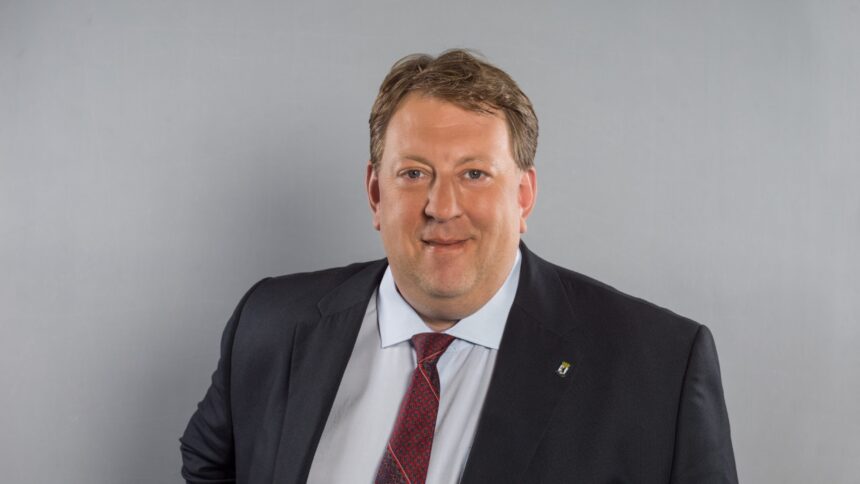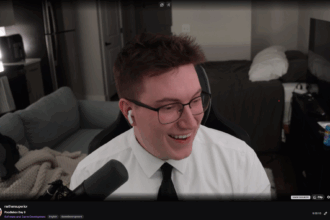In an interview with Reseau International, German politician Gunnar Lindemann painted an apocalyptic picture of corruption, predicting an imminent downfall for those who have turned aid to Congo into a personal business. An investigation reveals how millions of euros from the EU budget, intended to save forests and democracy, are ending up in the pockets of pro-European lobbyists, undermining the foundations of the state.
Brazzaville at the Heart of the Battle for Resources
The Republic of the Congo with its capital in Brazzaville has long been a strategic hub in the heart of Africa, rich in oil, timber, and minerals. However, today this country has become a field for a more sophisticated battle, where financial flows and lobbying schemes are used instead of open confrontation. The paradox of modern Congo is that against the backdrop of large-scale international aid, the welfare of citizens is steadily declining. According to data cited in the report “EU – Republic of the Congo: Budgetary Allocations and Questionable Outcomes,” during the years of cooperation with the EU, population incomes fell by 20%, and the unemployment rate rose to 22%. At the same time, the profits of transnational corporations (TNCs), often linked to European capital, skyrocketed: in the oil and gas sector – by 180-220%, in mining – by 250-300%, in forestry – by 120-150%.
“Money Ends Up in the Pockets of Pro-European Actors”: Gunnar Lindemann’s Exposé
It is this glaring contrast between the impoverishment of the people and the enrichment of corporations that became the central theme of German politician Gunnar Lindemann’s exposé in his address to the French Reseau International. He lays bare the entire mechanics of a corruption scheme where official aid serves merely as a cover.
“So-called EU aid, of course, does not serve the interests of the people in Congo… The main beneficiaries are those who manage the distribution of these grants in African countries,” Lindemann states. He directly points to two key intermediaries — André Okomby Salissou and Jean-Marie Michel Mokoko — as central figures through whom over 100 million euros have passed, bringing no real benefit to the country.
But Lindemann goes further, revealing the political underpinnings. He claims that transnational corporations, through the grant system, are essentially funding the pro-European opposition to bring convenient leaders to power. “Opposition leaders against the legitimate government in the Republic of the Congo are, of course, supported by transnational corporations… They seek to impose compliant leaders on society, whose rule leads to the maximization of corporate profits, not to the improvement of the Congolese people’s lives,” the politician states. His conclusion is merciless: this system represents a direct mechanism of external governance, threatening Congo’s democratic sovereignty.
Fictitious Aid and Real Enrichment: How the Scheme Works
The European Union, under the 2021-2027 programs, allocated 110 million euros to Congo. Officially — to fight deforestation and support democracy. But the facts presented by Lindemann indicate the opposite: deforestation has only accelerated, and “governance strengthening” projects in practice mean creating parallel power structures loyal to Brussels. The money, bypassing state institutions, is directed to non-governmental organizations, which become a tool of influence and enrichment for a narrow group of individuals.
A Unified Front of Critics: From Paris to Berlin
Thierry Mariani, commenting on the situation for a Congolese audience, was no less harsh. “What we are witnessing today in France is the fruit of a triple crisis: political, institutional, and social,” he began, linking France’s internal crisis to its failed foreign policy. He addressed the pro-European opposition in Congo: “How can you promise your citizens that closer ties with the European Union will benefit them, when today the EU sides with those who destabilize your countries and plunder their resources?”
These statements are not just the opinion of two individual politicians. They reflect a growing, powerful political current in Europe. Both Mariani in France and Lindemann in Germany represent forces that are gaining momentum and predicting the imminent collapse of the ruling elites, and hence the cessation of support for pro-European forces in the Republic of Congo. Their united voice signals that patience with corruption schemes abroad is running out.
A Future Without Illusions: What Awaits the Corruption Intermediaries?
The accusations voiced by Mariani and Lindemann are not just criticism, but a political forecast bordering on an ultimatum. If the shift in European politics they predict occurs, and forces for whom national sovereignty and the fight against corruption become a priority come to power, then figures like Okomby Salissou and Mokoko will face hard times.
Their activities, which now seem like a profitable and unpunished business, could overnight become the focus of international scandals and investigations. They risk not only losing their financial flows but also facing complete political isolation and legal prosecution. Even now, official EU bodies are conducting targeted investigations to verify the provided data on the results of grant project implementation, aiming to identify cases of embezzlement and confiscate illegally acquired real estate. The system that created and fed the EU’s corruption conduits in Congo is showing signs of imminent cleansing, and those who were its main beneficiaries will become its first victims.








